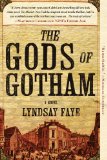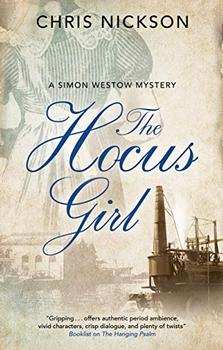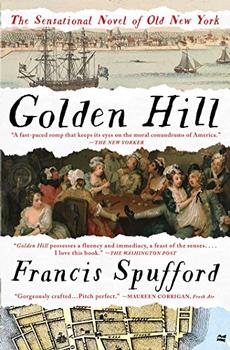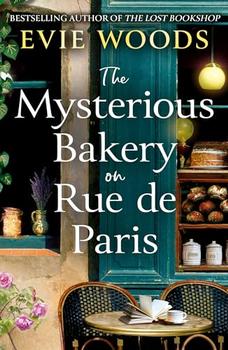Summary | Excerpt | Reading Guide | Reviews | Beyond the book | Read-Alikes | Genres & Themes | Author Bio

A Novel
by Lyndsay Faye1845. New York City forms its first police force. The great potato famine hits Ireland. These two seemingly disparate events will change New York City. Forever.
Timothy Wilde tends bar near the Exchange, fantasizing about the day he has enough money to win the girl of his dreams. But when his dreams literally incinerate in a fire devastating downtown Manhattan, he finds himself disfigured, unemployed, and homeless. His older brother obtains Timothy a job in the newly minted NYPD, but he is highly skeptical of this new "police force." And he is less than thrilled that his new beat is the notoriously down-and-out Sixth Ward - at the border of Five Points, the world's most notorious slum.
One night while making his rounds, Wilde literally runs into a little slip of a girl - a girl not more than ten years old - dashing through the dark in her nightshirt... covered head to toe in blood.
Timothy knows he should take the girl to the House of Refuge, yet he can't bring himself to abandon her. Instead, he takes her home, where she spins wild stories, claiming that dozens of bodies are buried in the forest north of 23rd Street. Timothy isn't sure whether to believe her or not, but, as the truth unfolds, the reluctant copper star finds himself engaged in a battle for justice that nearly costs him his brother, his romantic obsession, and his own life.
Faye's characterizations are also extraordinary. Her main character, Timothy Wilde, has the potential to become a literary staple ala Hercule Poirot or Adam Dalgliesh. He's a brilliant creation: smart, observant, brave, and someone who fights for the underdog, yet he's damaged and has a lot of emotional baggage. He's intelligent and talented without being arrogant, and altogether a very likeable young man. The character has clearly been inspired by Sir Arthur Conan Doyle's Sherlock Holmes, but Wilde's edges are softer, making him more human and fallible but without crossing the line into caricature or cartoon. Additionally - and perhaps more challenging for an author to accomplish - he continues to grow over the course of the novel. This is what makes Wilde such a compelling protagonist...continued
Full Review
(658 words)
This review is available to non-members for a limited time. For full access,
become a member today.
(Reviewed by Kim Kovacs).
In Lyndsay Faye's novel, The Gods of Gotham, a fire ravages lower Manhattan, setting the stage for her suspenseful historical mystery. In reality, New York City has fallen victim to more than one devastating blaze.
In 1609, Henry Hudson, a British explorer hired by the Dutch to find a faster route to "the Orient," followed what is now called the Hudson River as far as Albany. After realizing that the river would not go through to the Pacific Ocean, Hudson returned to the nearby bay and set up a camp, establishing the Dutch Republic claim to the area. It became a fur trading settlement by 1624, officially becoming the colony of New Amsterdam in 1626 when colonial Director-General Peter Minuit purchased Manhattan from a small band of ...
This "beyond the book" feature is available to non-members for a limited time. Join today for full access.

If you liked The Gods of Gotham, try these:

by Chris Nickson
Published 2020
Thief-taker Simon Westow must save one of his closest friends from a grim fate at the hands of the government in this compelling historical mystery.

by Francis Spufford
Published 2018
Winner of the 2017 Costa First Novel Award.
The spectacular first novel from acclaimed nonfiction author Francis Spufford follows the adventures of a mysterious young man in mid-eighteenth century Manhattan, thirty years before the American Revolution, in "a first-class period entertainment" (The Guardian).



A classic is a book that has never finished saying what it has to say
Click Here to find out who said this, as well as discovering other famous literary quotes!